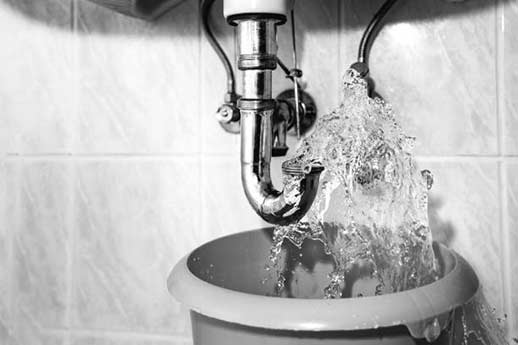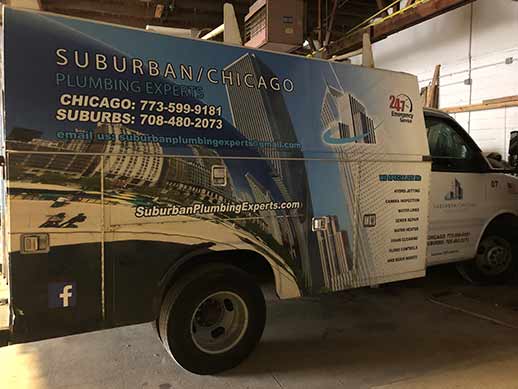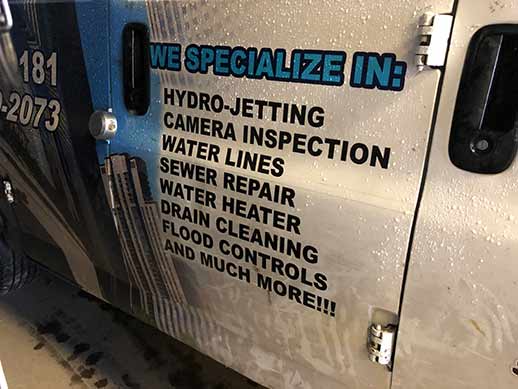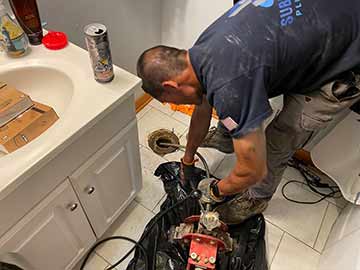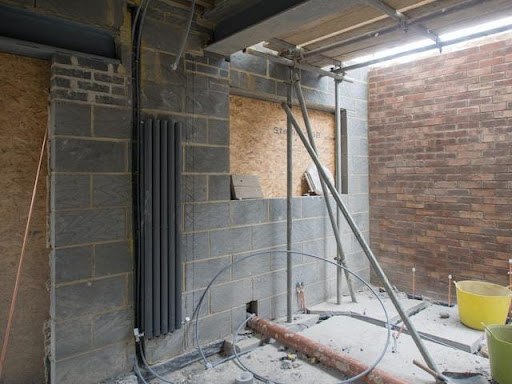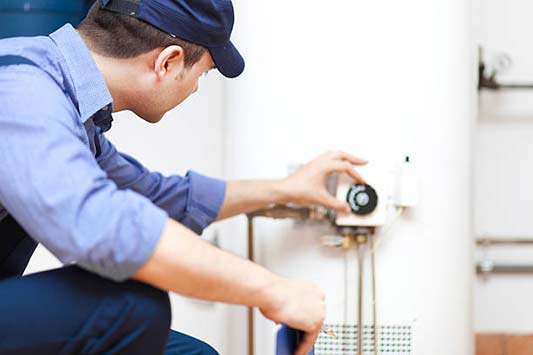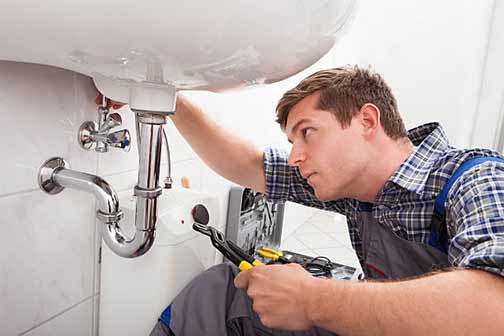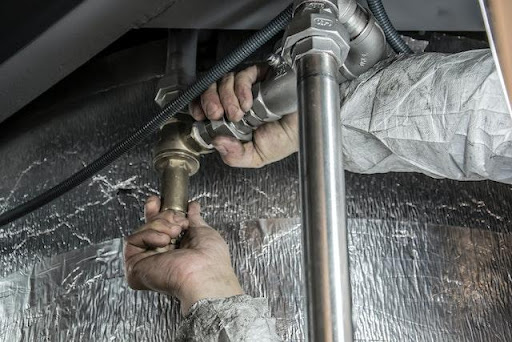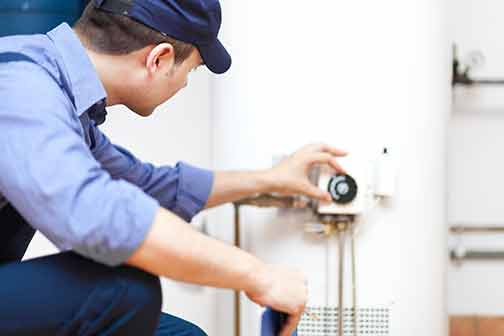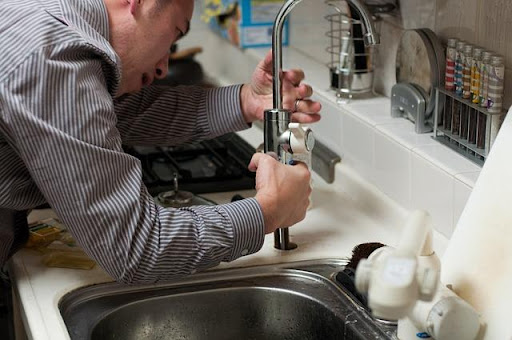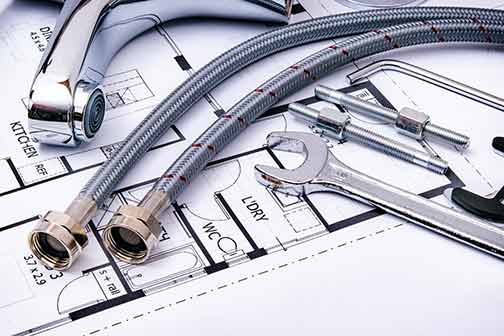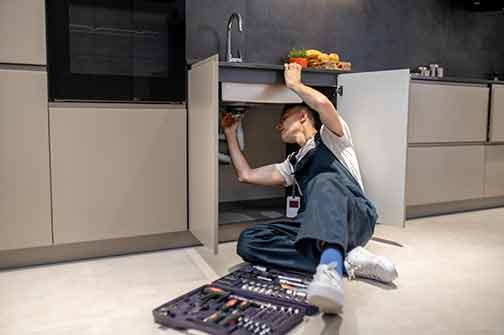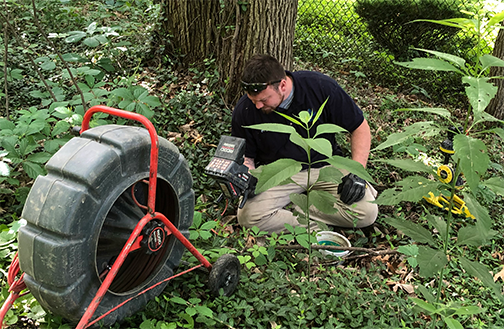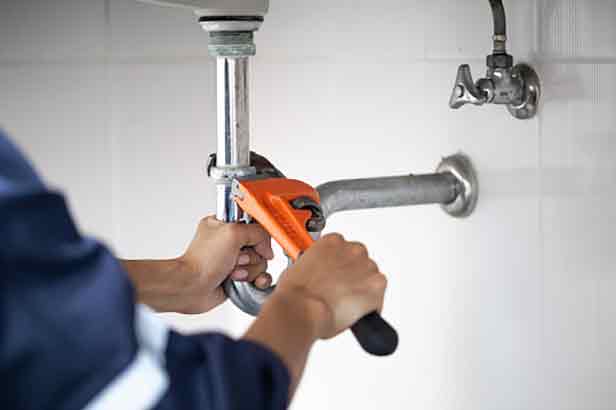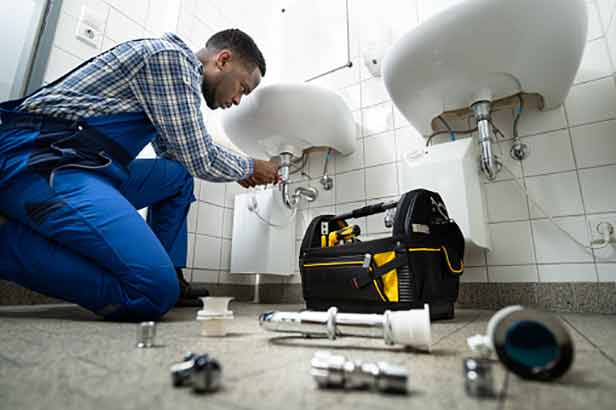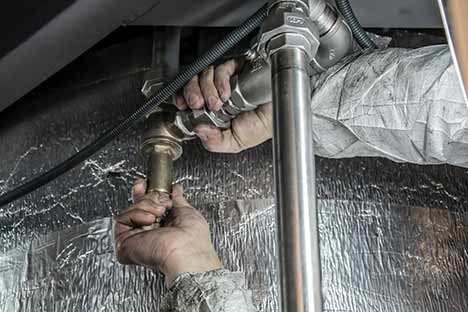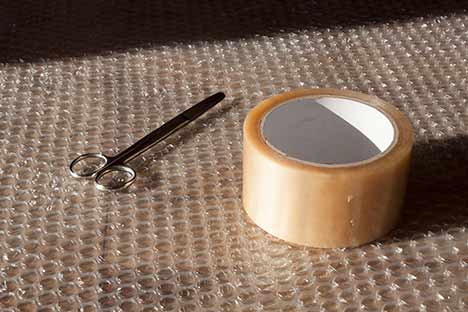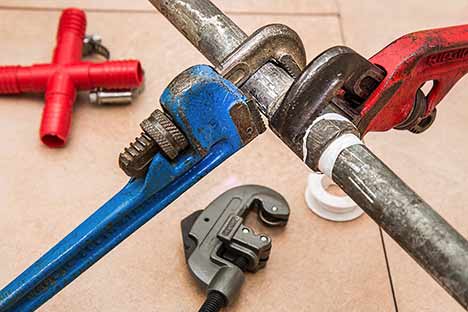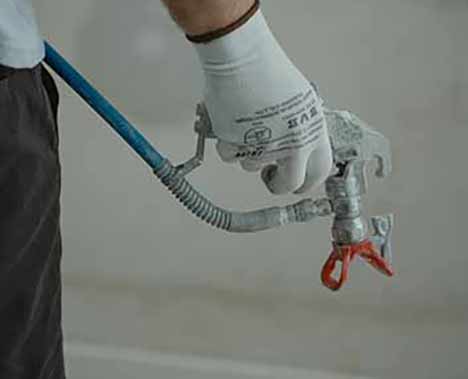Chicago, the bustling city on the shores of Lake Michigan, is known for its stunning architecture, vibrant culture, and deep-dish pizza. However, like any other city, Chicago residents occasionally encounter plumbing issues that require immediate attention. When faced with a plumbing problem, it can be challenging to determine whether to call a plumber or reach out to the water company for assistance. In this article, we will explore the factors to consider when making this decision, ensuring that you can navigate plumbing issues effectively.
Understanding the Roles of a Plumber and the Water Company
Before diving into the decision-making process, it is crucial to understand the roles of a plumber and the water company. By having a clear understanding of their responsibilities, you can better assess who to contact when faced with a plumbing issue.
Plumber
A plumber is a professional tradesperson who specializes in installing and maintaining systems used for water, drainage, and sewage. They are equipped with the knowledge and tools necessary to repair various plumbing problems, including leaks, clogged drains, and broken pipes. Plumbers are usually hired by homeowners or commercial property owners to handle issues that occur within the property’s plumbing system.
Water Company
The water company, also known as the utility company, is responsible for providing clean water to residential and commercial properties. Their primary role is to supply water and ensure the proper functioning of the water distribution system. Additionally, the water company manages the water metering, billing, and infrastructure maintenance. While they may help with some plumbing issues related to the main water supply lines, their responsibilities are focused on the broader water distribution network.
Assessing the Severity of the Plumbing Issue
One of the essential factors to consider when deciding between calling a plumber or the water company is the severity of the plumbing issue at hand. By assessing the severity, you can determine whether immediate professional assistance is required or if it can be resolved without external intervention.
In some cases, plumbing problems may be minor and easily fixable, even with little to no technical expertise. These may include a dripping faucet, a clogged toilet, or a minor leak. If the issue is straightforward and can be resolved using basic DIY techniques or tools, it is often unnecessary to contact a professional. However, it is essential to conduct research and ensure that you are equipped with the necessary knowledge and tools to address the situation safely and effectively.
On the other hand, significant plumbing issues that pose immediate risks or threats require professional expertise and should be handled by a licensed plumber. These issues may include burst pipes, sewage backups, major leaks, or a complete loss of water supply. Attempting DIY repairs in such situations can lead to further damage, personal injury, or contamination. In these instances, it is crucial to contact a plumber promptly to address the issue and minimize any potential long-term damage.
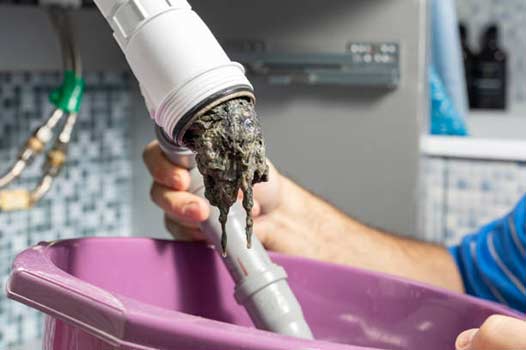
If the plumbing issue is localized within your property, such as a clogged drain or leaking faucet, the responsibility typically falls on the property owner.
Evaluating Responsibility: Property or Main Water Line
Another factor to consider when deciding between contacting a plumber or the water company is to determine where the plumbing issue originates. Understanding the source of the problem can help identify who holds the responsibility for repairs and maintenance.
If the plumbing issue is localized within your property, such as a clogged drain or leaking faucet, the responsibility typically falls on the property owner. In these cases, it is appropriate to call a licensed plumber to handle the repairs. Plumbers have the necessary expertise to diagnose and fix internal plumbing problems efficiently.
However, if the issue appears to be a result of a problem within the main water lines or the overall water distribution network, it is advisable to reach out to the water company. This is especially true if multiple properties in the area are experiencing similar issues. The water company has the resources and knowledge to address problems that affect the broader water distribution system.
Consider Local Regulations and Water Service Agreements
When it comes to navigating plumbing issues, it is important to consider local regulations and any water service agreements you may have with the water company. These factors can influence your decision on whether to contact a plumber or the water company.
In some instances, there may be regulations in place that dictate specific procedures for handling plumbing issues. For example, certain types of repairs or modifications to the main water line may require approval or coordination with the water company. Understanding these regulations can help ensure that you follow the appropriate protocols when dealing with plumbing problems.
If you have a water service agreement with the water company, it is advisable to review the terms and conditions outlined in the agreement. Some agreements may cover specific types of repairs or maintenance, which would indicate whether it is the responsibility of the property owner or the water company. By familiarizing yourself with the terms of the agreement, you can make an informed decision on who to contact when faced with a chicago plumbing issue.
In Conclusion
When navigating plumbing issues in Chicago, it is essential to carefully assess the situation before deciding whether to contact a plumber or the water company. Understanding the roles of a plumber and the water company, evaluating the severity of the problem, determining responsibility, and considering local regulations and agreements are all critical aspects of making the right choice.
By becoming familiar with these factors and taking them into consideration, you can effectively address plumbing issues in a timely and appropriate manner, ensuring the safety and functionality of your property’s plumbing system. Whether it’s a minor leak or a major water supply disruption, making the right decision will save you time, money, and potential headaches in the long run.
